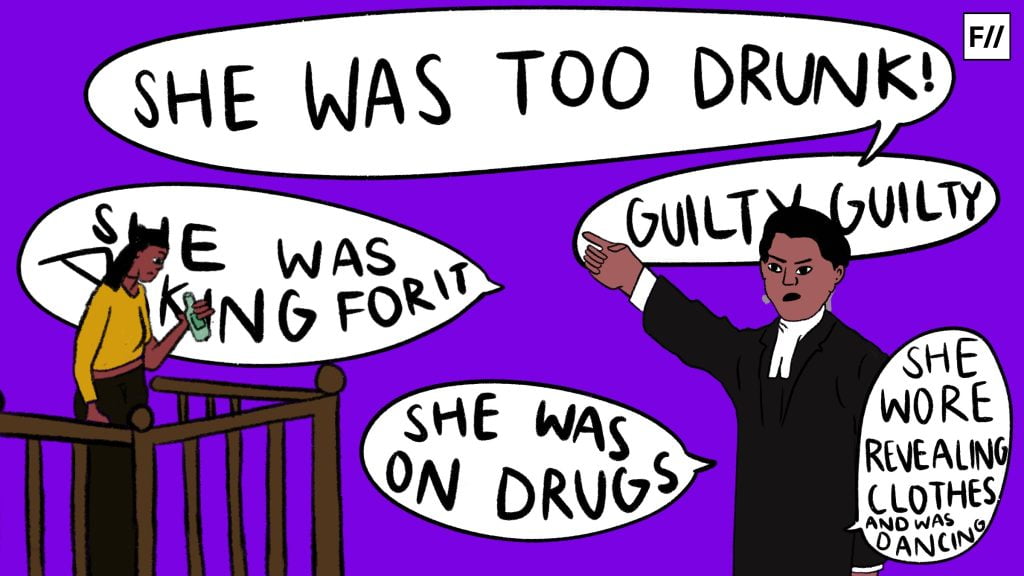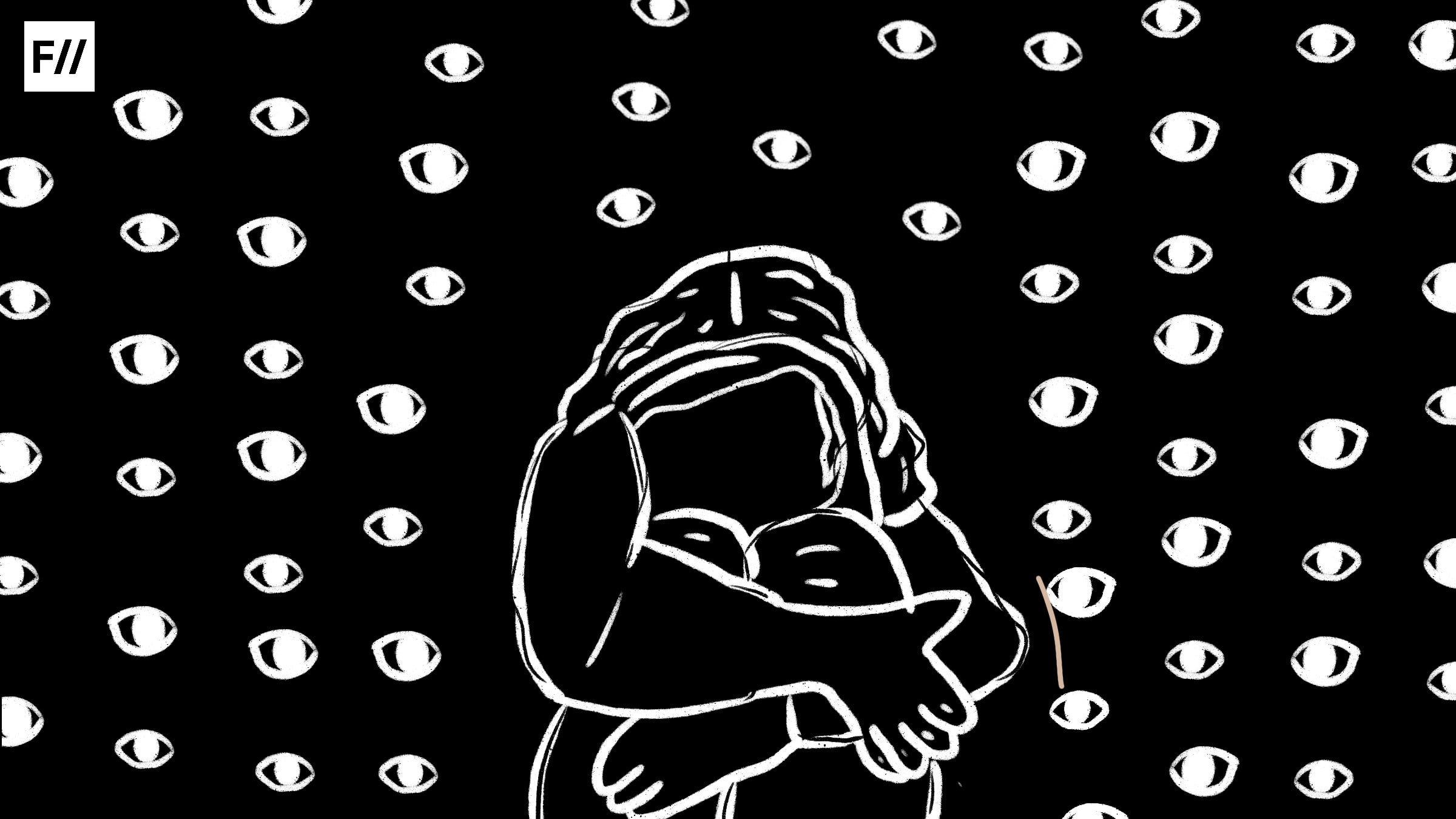A night-long student-led protest occurred on Thursday at the prestigious National Institute of Technology, Tiruchirappalli (NIT Trichy). With rising student demands for strict action to be taken against the Institute’s hostel warden who shamed the victim, a female student who was sexually assaulted by an electrician in the institute’s hostel room.
What happened in NIT Trichy?
The accused was assigned as a contract employee to fix the Wi-Fi connection facility in the Opal Hostel of the institute on campus. As per the complaint filed by the female student, Kathiresan, the accused had entered her room while she was alone on the pretext of repairing the Wi-Fi facility in her hostel room. After which he indecently exposed himself to the student, following the complaint, he was arrested by police shortly after. The protests sparked due to this act of sexual harassment of the student resident and most importantly because of the hostel warden’s attitude towards the incident.
In a statement as reported by edex live, the survivor, narrated that the electrician, who came to her room to fix the WiFi, flashed his genitals at her and touched himself in her presence. Further, the report mentions how she fled the room out of fear. However, she noticed that the accused was missing when returned. The report also narrates that there was semen all over her floor.
Night-long student protests and victim shaming
Students raged at the hostel administration, especially the warden for criticising the female student on her clothing which she remarked as, “inappropriate dressing.” “Why do you dress like this, if you dress like that, they will do like this,” the warden reportedly said to the student. Students were peeved by the warden’s attitude and initiated a night-long protest, including outside NIT’s Director’s residence.
Additionally, they demanded an immediate apology from the Institute’s management, as well as an enhanced security system for girls inside the hostel. The unrelenting students called off their protest on Friday morning only after Trichy Superintendent of Police (SP) gave an assurance that he would take their demands to the NIT management and ensure that they were fulfilled.

The SP Varun Kumar exclaimed that the protest by students sparked against the hostel warden who indulged in victim-blaming and shaming of the female student who was sexually assaulted. He also added how a security lapse had been noticed from even the agency’s side, the one that provides security to the girl’s hostel. The SP added how there was a clear lapse in the security arrangement and students complained about a CCTV camera not functioning.
The Institute had been then asked to immediately repair it. The Trichy district police had also deployed a team of women police officers who would be talking to the female students who stayed at the hostel. They would listen to the students’ grievances.
The warden’s remarks that triggered much of the students’ anger had to publicly apologise before the students finally called off the protest. The Warden of the girl’s hostel where the incident occurred resigned on Friday as reported.
Demand for a change in mindset
Such incidents often happen at as secure spaces like campuses. In the recent past, reports regarding sexual abuse have risen more post the recent Kolkata Trainee Doctor Rape and Murder incident that enraged the entire nation and led to an appeal for more stringent actions to be taken against such accused persons. There is a rise in demand for capital punishment for rape and sexual abuse in the country. However, a constant question lingers why spaces like schools, colleges, universities or hospitals are also not safe enough for women? Why security is not a priority in institutions where students study?

Not just NIT Trichy, students from major universities in the country have time to time, reported incidents of sexual harassment, abuse, and catcalling. In most cases, it is a regular pattern followed that such incidents are not dealt with gravity until and unless the impact of the incident is not ‘physically,’ immense on the survivors, who are gender minorities in most cases. Little to no actions are usually taken by the administration who push students away. They are mostly shunned away or blamed for their demeanour or dress which has nothing to do with the mindset of the predator. Most sexual assault cases usually go unreported because of societal stigma, fear of losing a job, a place to educate, or learn and ostracisation of the victim by the community they are a part of.
Apart from a non-stringent attitude of the police bodies, there is also a lack of any recognised legal category exclusively in place for Masturbation while in public. This can be attributed to the reality of women’s sexual treatment by men and the normalisation of abuse culture in India. There is no consolidated research, statistics or any other information available regarding such cases on campuses in India. Neither is a strongly functioning common institutional body to whom students can call out in times like these and approach while not being shamed or blamed for being assaulted. Internal Complaints Committees positioned on campuses should always be welcoming and receptive to student concerns in such cases.
Students in India already live in distressed environments many away from their homes friends and families in hostels, hence the country should ensure providing a safe space for students where they can learn and grow and not be blamed for being assaulted.
About the author(s)
As an independent journalist, writer, and aspiring documentary filmmaker, Stuti covers about social and political issues. Interested in development journalism she also highlights issues on human rights, gender, education, unemployment, law and others. She aims to start her own news media initiative in the future to transform the way development is covered and discussed in the news.





